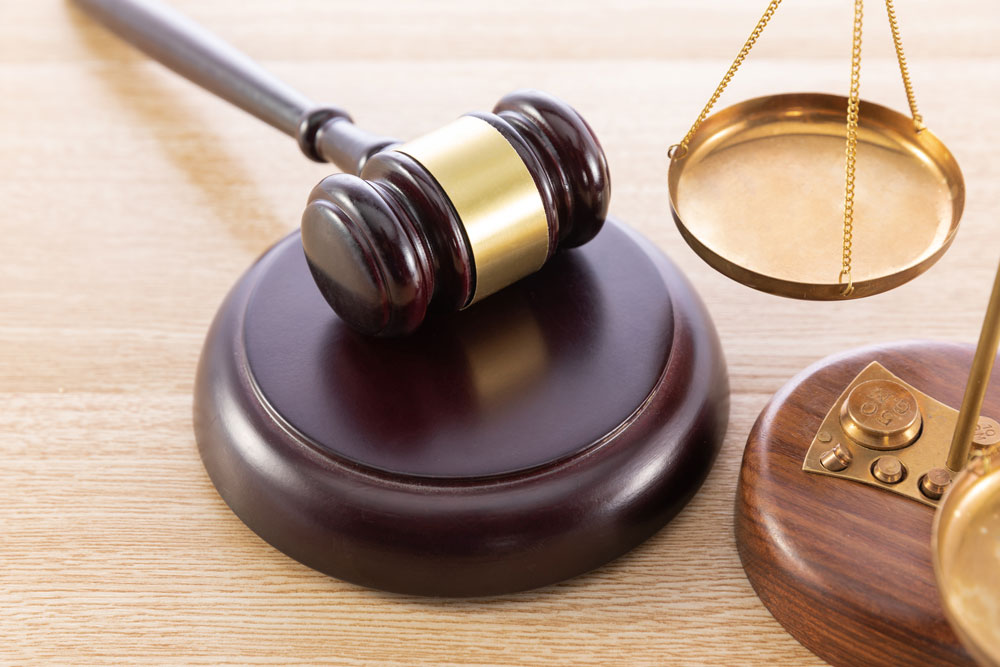
Justice Solomon concluded with the following: Applying those principles to this case, the Court begins by considering the strength of the State’s evidence. Here, in contrast to Pierre, there was more evidence against Gideon, notably his own statement to police and Robinson’s testimony. And, against those stronger proofs, Gideon has offered a markedly weaker alibi defense. Unlike the defendant in Pierre, Gideon did not provide at trial, nor does he provide now, any physical evidence supporting his alibi. Rather, the proposed testimony of Gideon Nichols and Bey constitutes Gideon’s alibi. It is therefore particularly significant that their testimony would have contradicted important aspects of Gideon’s trial testimony, including who he was with at the time of the shooting. Here, the PCR court found, and the Court agrees, that the testimony of either Gideon-Nichols or Bey “if anything would have increased the likelihood of conviction based upon the discrepancies.”
In addition to those discrepancies, the PCR court noted factors that undermined Gideon-Nichols’s credibility. Presenting Bey alone would still have created an inconsistency with Gideon’s trial testimony, in addition to the credibility issue raised by Bey’s failure to come forward in support of Gideon’s alibi until roughly five years after his trial.
Pierre does not suggest that failure to offer alibi testimony can be deemed prejudicial — regardless of adverse credibility determinations — if the testimony would have bolstered the defendant’s alibi “on the fundamental point” of the defendant’s whereabouts at the time of the crime. Such reasoning would require a new trial whenever a third party — no matter how incredible — asserts that a defendant was elsewhere at the time of a crime. The Court has never so weakened the standard for demonstrating prejudice. The prejudice prong of Strickland remains an exacting standard, and important to that analysis is the strength of the evidence before the fact-finder. On these facts, the PCR court’s finding that Gideon failed to demonstrate prejudice should not have been disturbed. In reaching that conclusion, the Court defers to the PCR court’s credibility determinations, which find sufficient credible support in the record. The order denying Gideon’s petition is reinstated.
In light of the procedural bars to asserting PCR claims before a direct appeal is exhausted, Justice Solomon’s focus on the five-year “delay” may be deceiving. The Court’s reasoning with regard incredible alibi witnesses makes perfect sense.
